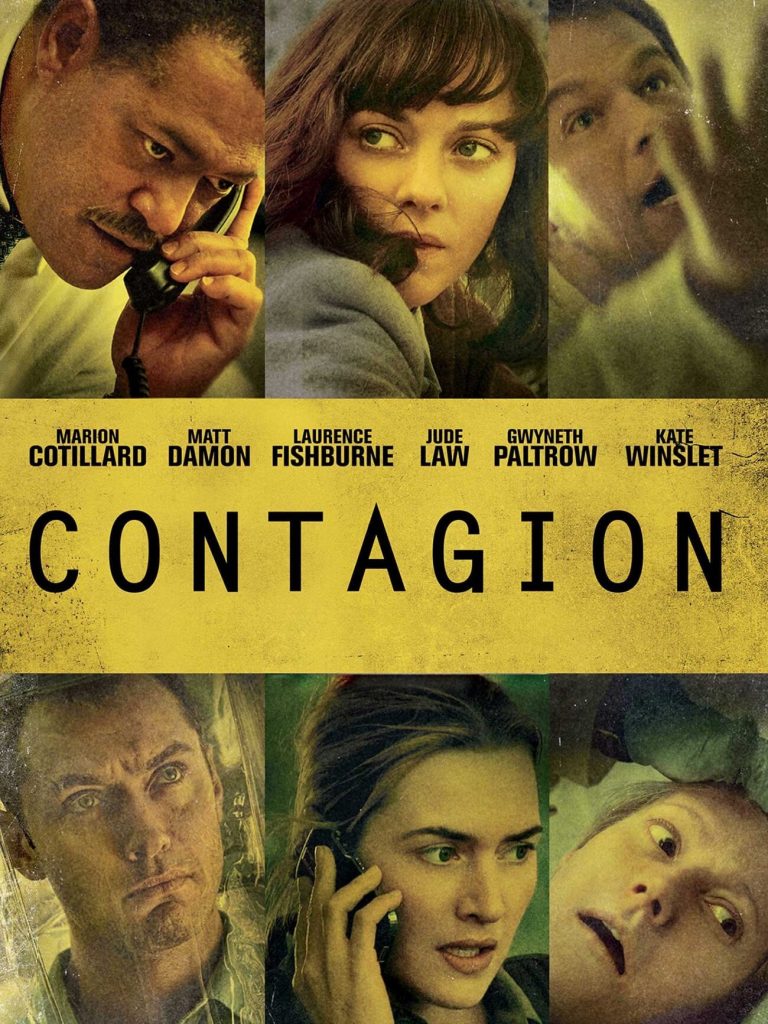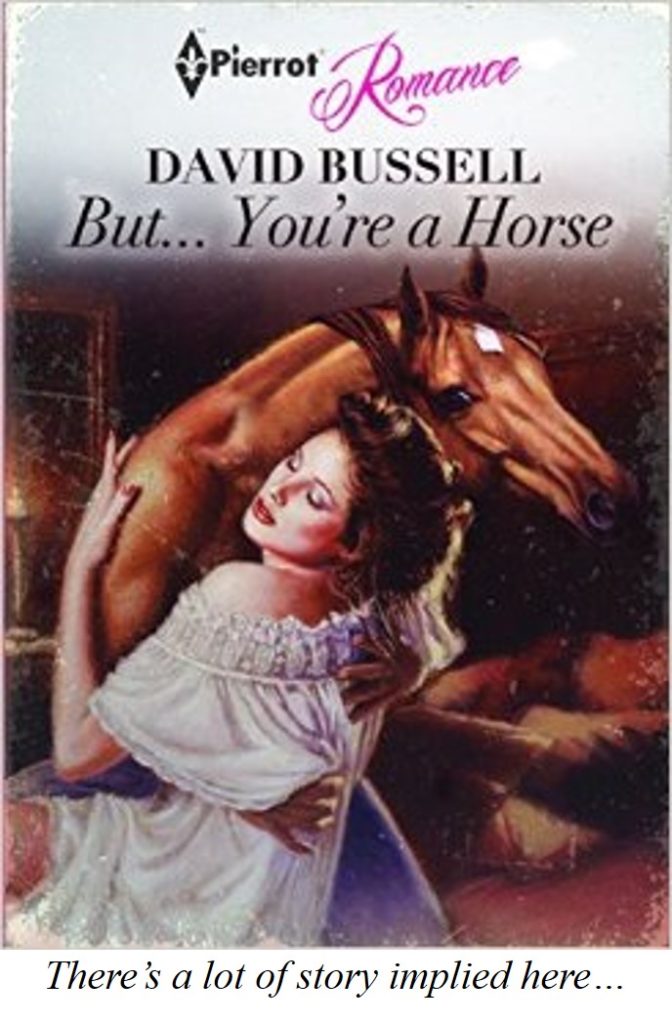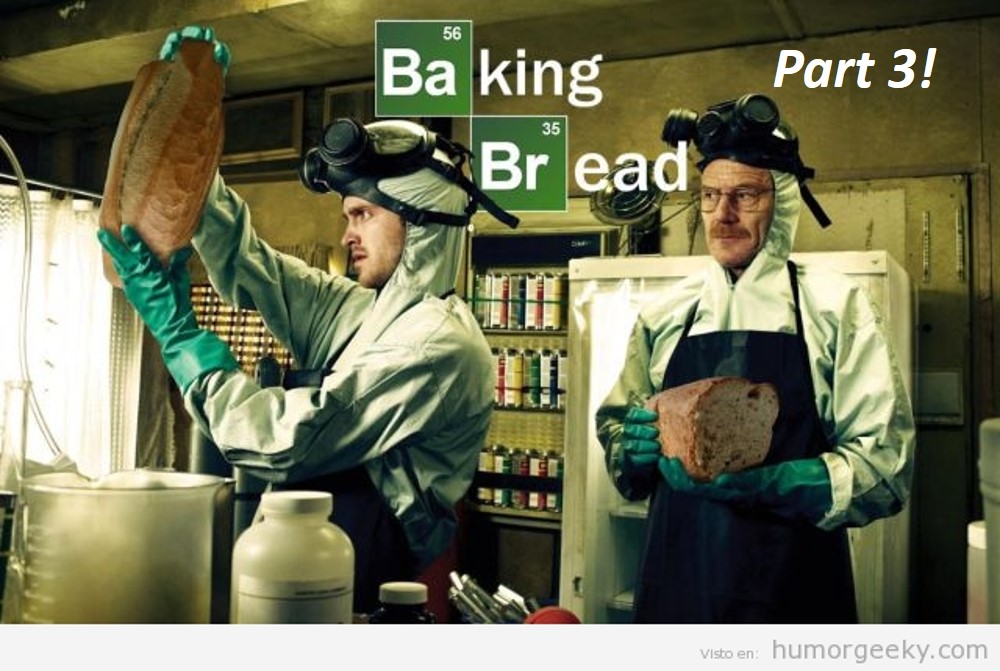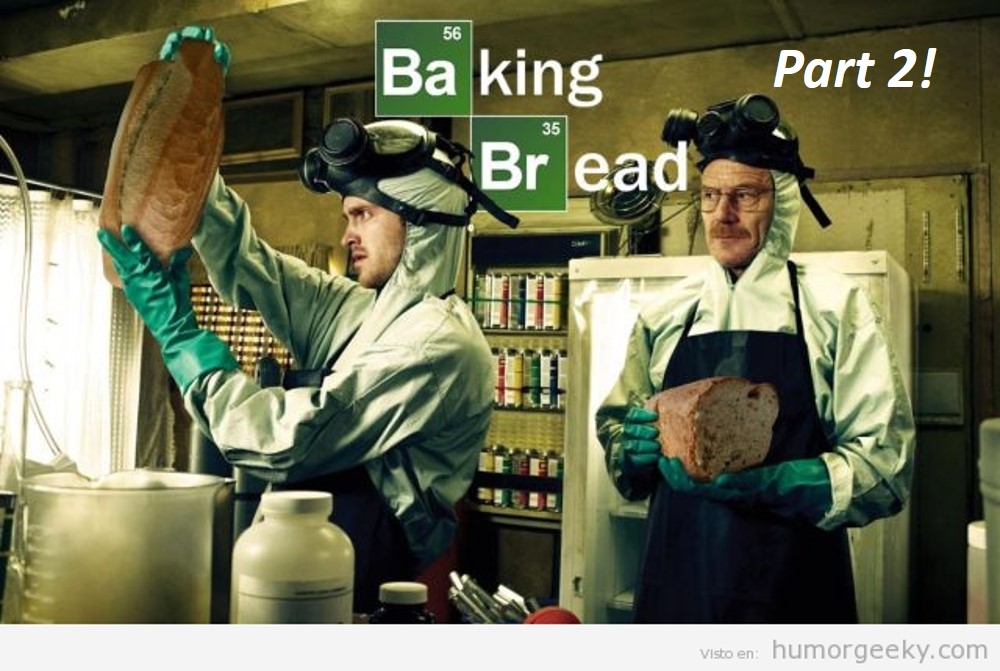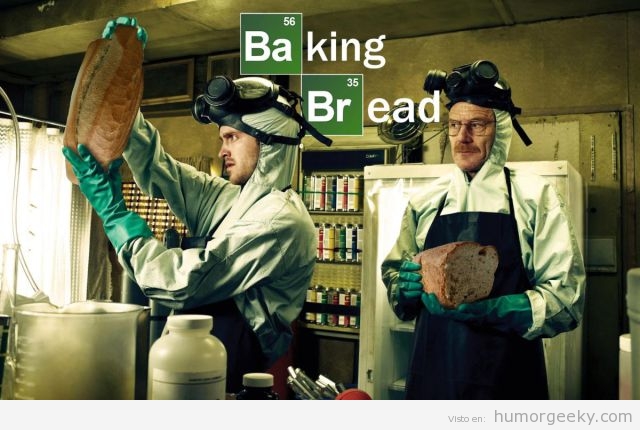
As you probably know, I’m a huge Trekkie. Star Trek: The Next Generation (TNG) is one of my favorite series of all time. The TNG series finale is DEFINITELY my favorite series finale of all time—I dare you not to cry when the main cast all sit down to play poker for the last time! I’ve been lukewarm about the Star Trek series that came after—Voyager, Deep Space Nine, Enterprise—but I’m still in love with the Star Trek universe overall and its science-heavy storylines and themes of hope. So I was super excited when they announced a new Star Trek series, Star Trek: Discovery. I even subscribed to CBS All Access so I could watch it!
Continue reading “The Problem With Star Trek: Discovery”
